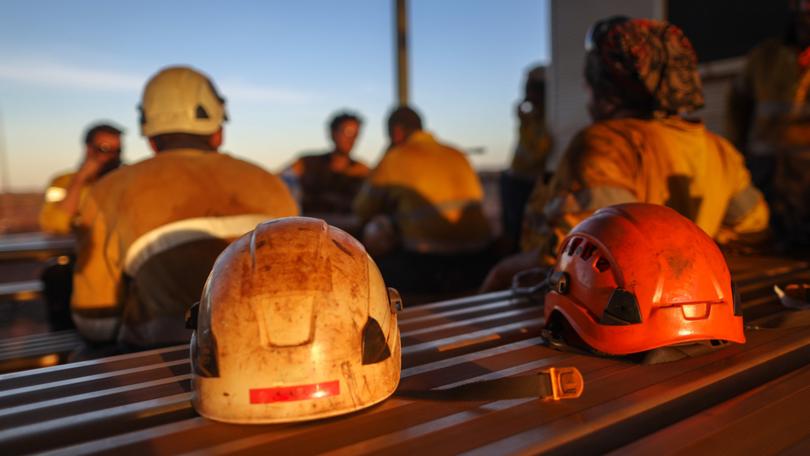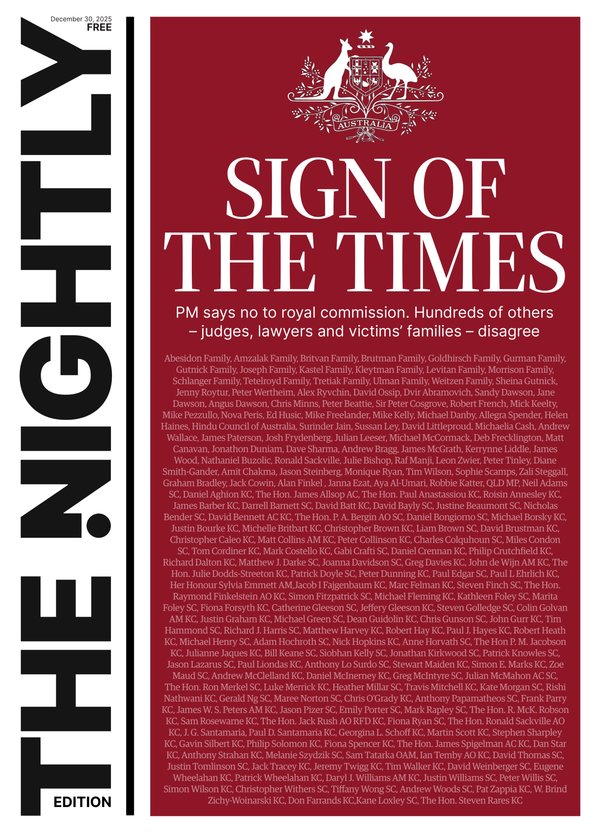Australia Institute report reveals miners applying for jobs told to submit blood samples or get knocked back

Workers applying for jobs on mine sites are being told to submit blood samples during the recruitment process, with those who refuse to consent being knocked back.
The Australia Institute’s Centre for Future Work found evidence of the practice for its new report “No Blood-No Job”, which is being used to push the Federal Government to legislate stronger privacy protections.
Drug and alcohol testing is widely used in the resources sector to protect workers on site, particularly those who are operating heavy machinery.
Sign up to The Nightly's newsletters.
Get the first look at the digital newspaper, curated daily stories and breaking headlines delivered to your inbox.
By continuing you agree to our Terms and Privacy Policy.The progressive think tank has uncovered a far more intrusive practice after interviewing four electrical trade workers who applied for construction jobs on mine sites and oil and gas operations.
According to the report, the applicants were told via text or email to attend a medical examination with an external provider, which included blood tests.
The applicants were asked to sign consent forms, which in at least one case included a clause allowing for personal information to be used by the company and other “external personnel for the purposes of its business”.
Workers who didn’t consent to the testing would not progress to the stage of the recruitment process, applicants told the think tank’s researchers.
“Some (workers) said it felt controlling,” the report found.
“Some said it felt like the companies were overstepping into areas that should be between themselves and their own doctor.
“They all expressed resentment about being forced into the process as a prerequisite for being considered for a job.”
The report does not identify the companies that mandated the testing.
The think tank is using the findings to urge the Federal Government to beef up its planned changes to the Privacy Act, which it argues don’t go far enough.
Among the set of safeguards it is recommending to the Government, it wants the proposed “fair and reasonable” test for the collection of sensitive information expanded to give workers and unions a say in what bosses can ask for and how it is used.
“No worker should have to choose between a blood test and a job,” Centre for Future Work senior researcher Lisa Heap said.
“Employers should not be able to routinely demand sensitive medical information from workers.
“They must be required to prove there is a genuine need for this information and it should only be sought as a last resort.”
The West spoke to one electrical engineer who was required to submit blood samples during the recruitment process.
“It was my choice whether I wanted that employment and I did the bloods, which is something I have consented to,” the worker, who asked to remain anonymous, said.
“However, I’m not happy with the fact that it can just be used anywhere.”
